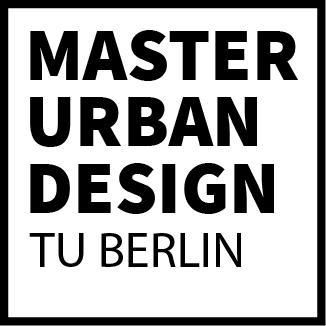Cities do not develop as planners want: Since the origins of modern planning the discipline struggles to position itself between the paradigm of control & the more messy reality of application. With the emergence of a critique of modernist planning, new approaches & role definitions have been formulated which expose planning not as an isolated, hermetic discipline, but as a complex, dynamic, multidisciplinary, situated & mostly open-ended process.
There is no objectivity in planning: Planners always face difficult choices: Decision-making in planning is deeply influenced by the broader political & societal contexts through which the planner is conditioned.Yet throughout history, planners have also assumed agency forcing new contexts, shaped new frameworks and value systems & imposed them on society. Planning is a multi-disciplinary and complex affair: Despite an assumed heroic ambition, urban designers often only exert a negligible influence on actual processes and results. Instead, urban managers, politicians and a multitude of private and public actors control planning. “Urban planners” therefore need to skilfully navigate a complex field between (urban) policy-making, urban governance & urban management.

This lecture series will focus on different theoretical approaches to cities, global urbanisation & transformation as well as on the practice of urban planning. Students are encouraged to develop a (self)critical awareness of the broader context and multidisciplinary field in which planners operate. This should facilitate (not limit) his/ her creative involvement in forging more beautiful, just, and sustainable urban environments through constant critical experimentation with strategies, tools & role models applied.


